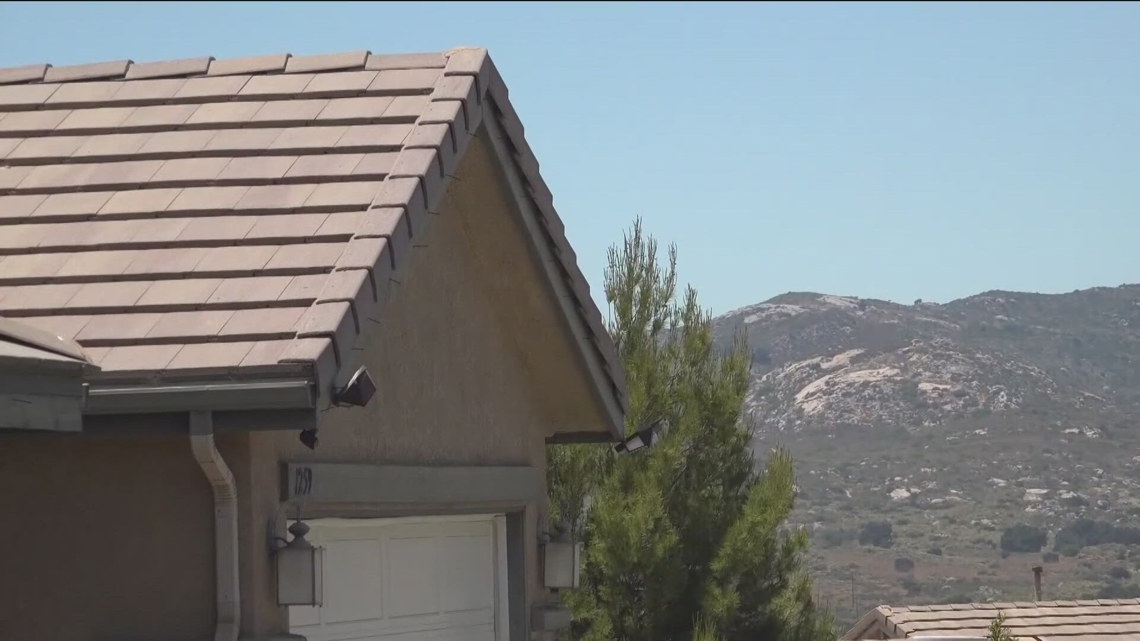While supporters say it’s all about making housing more affordable, opponents say this tax would raise costs for families and hurt local tourism.
SAN DIEGO — San Diego residents will have an opportunity to vote on a proposed “Vacation Home Operation Tax” that could generate between $100 million and $130 million annually for the city, according to a proposal unveiled by San Diego City Council Member Sean Elo-Rivera.
The tax would apply to approximately 10,500 homes in San Diego that are currently either short-term vacation rentals or vacant second homes, with a preliminary proposal to charge $5,000 annually per bedroom. Revenue from the tax would be directed to the city’s general fund, including parks, libraries and public safety.
The City’s Rules Committee will take up the proposal on Wednesday at 9 a.m. at City Hall, where the public will have an opportunity to comment. Elo-Rivera framed the tax as a housing affordability measure.
“I want San Diego to be a city where people see a future for themselves,” Elo-Rivera told CBS 8. “The top priority is to make housing more affordable, to protect homes with people in them over profits, to protect neighborhoods, and it’s to have people pay their fair share.”
Elo-Rivera emphasized that property owners who rent their second homes on a long-term basis would be exempt from the tax.
“Literally, 99% of San Diegans would not pay this tax,” said Elo-Rivera. He added, “You can avoid the tax completely. You will pay zero dollars of this tax if all you do is rent your home on a full-time basis.”
However, opponents argue the tax would harm working-class property owners and the local tourism industry. Ocean Beach resident Jerry Locke, who owns two Airbnb rentals, expressed concern about the proposal’s impact.
“If this ends up getting passed, it is going to hurt the working-class folks like myself,” said Locke.
He added, “80% of the people who are on Airbnb in San Diego live in San Diego, so all you are doing is taxing us individually. A lot of people like thinking it only affects the ultra-rich, but it affects many people in the middle ground.”
Mike Frattali, a member of the San Diego County Taxpayers Association, warned that the tax could hurt tourism in the region.
“Hamstringing the tourist industry is not the solution,” said Frattali. He added, “I think if we come down on them, we will lose tourist business. We are not too far from LA and OC, which are tourist powerhouses.”
Elo-Rivera dismissed concerns about tourism impacts.
“The threat to this city is not tourists going away, it is San Diegans not being able to afford to live here anymore,” he said.
The proposal is still in its early stages. It would need to be approved by the Rules Committee and the full City Council before being placed on a ballot. Elo-Rivera hopes the measure could be presented to voters as early as June of next year. If it advances to a ballot measure, the tax would require only a simple majority—50% plus one vote—to pass.

